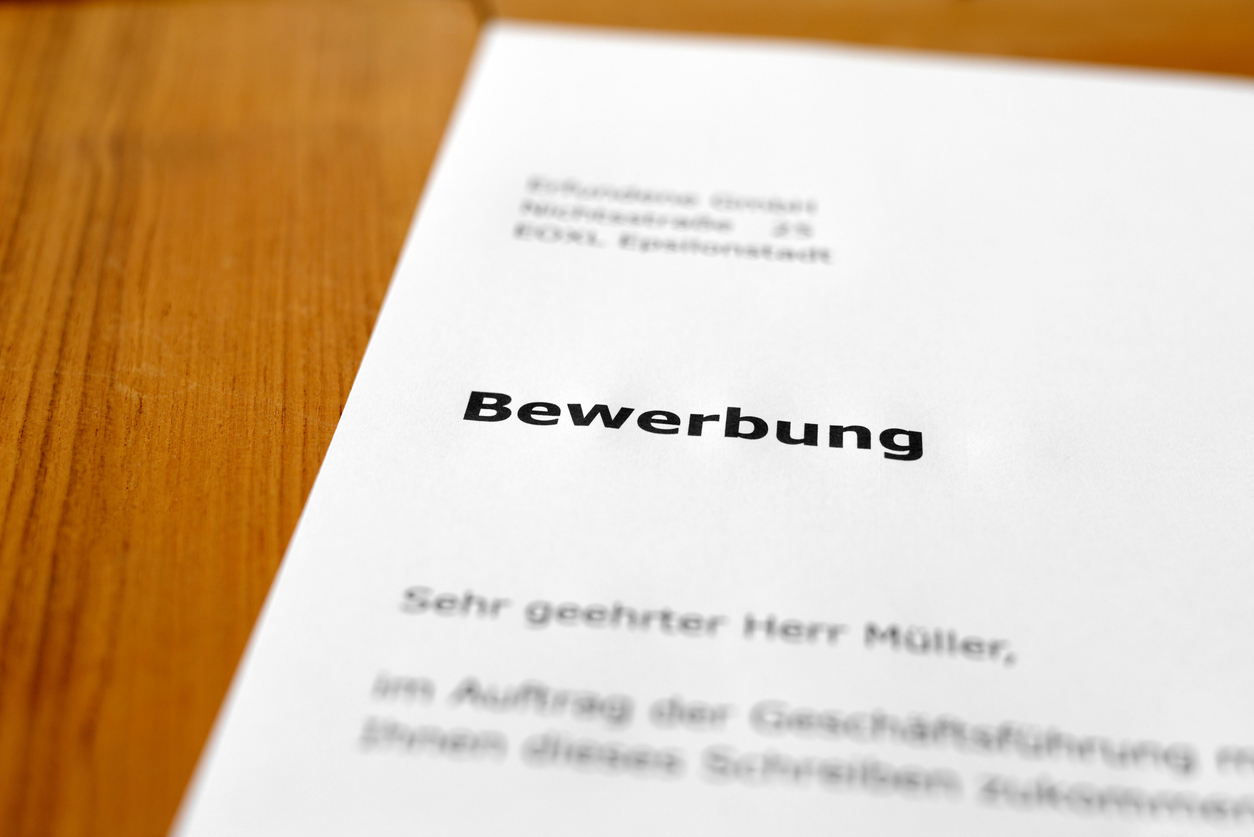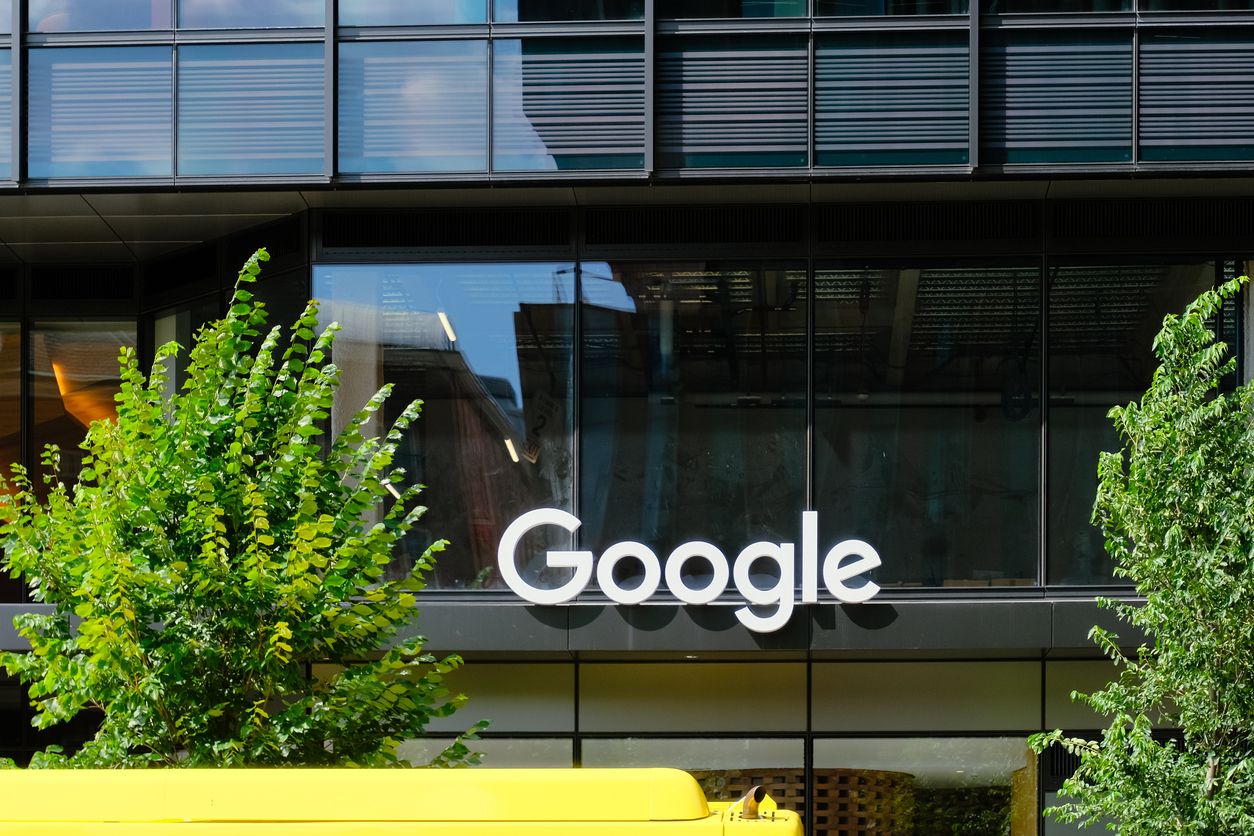Fraunhofer study reveals massive knowledge gaps in student support - The German Studierendenwerk relies on a state-funded bot solution.
Dramatic decline in the use of Bafög
The Deutsches Studierendenwerk (DSW) is sounding the alarm: in 2024, the number of students receiving Bafög reached its lowest level in 25 years. DSW head Matthias Anbuhl identifies a serious implementation deficit: "Up to 70 percent of those eligible do not apply for Bafög, even though they are legally entitled to the money." According to a joint study by the Fraunhofer Institute for Applied Information Technology and the Max Planck Institute for Research on Collective Goods, this failure to make use of state student grants is primarily due to a lack of information and misjudgements.
Systematic knowledge gaps among beneficiaries
Sebastian Riedmiller, co-author of the study, documents widespread misjudgements: "Misjudgements about parental income or repayment obligations are widespread." The study shows that 82% of those affected systematically underestimate their chances of approval. This information asymmetry leads to considerable economic inefficiencies: Eligible students forego state support due to inaccurate assumptions about income limits or repayment modalities. The resulting implementation deficit thwarts the educational policy goals of student support.
AI-based solution for information transfer
As a remedial strategy, the DSW propagates the nationwide use of a state-funded AI advisory service. Anbuhl argues with cost efficiency: state-funded AI advice could help quickly and cheaply. The chatbot concept already exists as a test version, but there is no funding for a broad rollout. The AI application is intended to individually check eligibility requirements, calculate approval probabilities and support application processes.
Digital modernization of administration through automation
The initiative reflects the digitalization trend in public administration, where AI systems are increasingly taking over advisory services. For student financing, automated advice could reduce fear of thresholds and optimize application behavior. The technological solution addresses structural problems in Bafög administration: complex eligibility requirements, non-transparent calculation modalities and time-consuming application processes deter potential applicants. Comprehensive use of bots could significantly increase the take-up rate and improve the fair distribution of student grants. However, implementation requires political support and sustainable funding from the federal and state governments.
Related articles
Current vacancies
Most read articles
Discover more topics
Our partners
Discover exclusive jobs nationwide with us at:


Discover exclusive jobs nationwide with us at:


Discover exclusive jobs nationwide with us at:


Discover exclusive jobs nationwide with us at:


Discover exclusive jobs nationwide with us at:


















